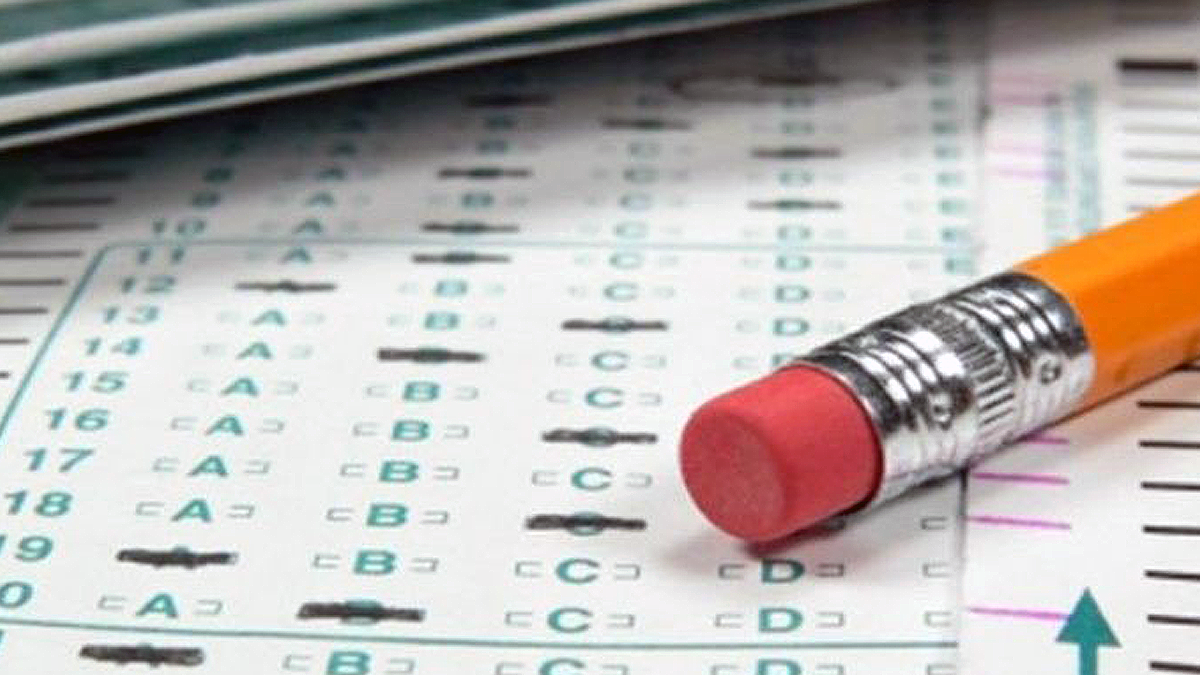The House of Representatives in the Philippines has passed a bill that would make it illegal for private schools to enforce a “no permit, no exam” policy. The measure, known as House Bill No. 7584, was passed unanimously by the 19th Congress.
If enacted into law, the bill would allow elementary and secondary students to take periodic and final exams even if they have unpaid financial obligations, provided that their parents or guardians submit a promissory note. However, outstanding dues must be paid by the end of the school year unless the school agrees to a different arrangement.

The move has been welcomed by education advocates who argue that such policies can be discriminatory against students from low-income families who may struggle to pay school fees on time. “This is a step in the right direction towards a more inclusive and accessible education system,” said a spokesperson for the Coalition for Quality Education.
The bill is not without its critics, however. Some private school owners have expressed concern that it could lead to a rise in unpaid tuition fees, making it harder for schools to provide quality education. Others have suggested that it may encourage parents to delay payments or even avoid paying altogether.

Despite these concerns, the bill’s supporters argue that it strikes a balance between the rights of private schools and the needs of students. “We are not saying that private schools should not be paid,” said one lawmaker. “We are simply saying that they should not use exams as leverage to collect unpaid fees.”
The bill will now move to the Senate for further deliberation before it can be signed into law. However, given the overwhelming support it received in the House of Representatives, it is expected to face little opposition.
If the bill is passed, it will mark a significant step towards making education more accessible to all in the Philippines. With rising tuition fees and a widening gap between the rich and poor, ensuring that students are not discriminated against based on their financial status is more important than ever.
